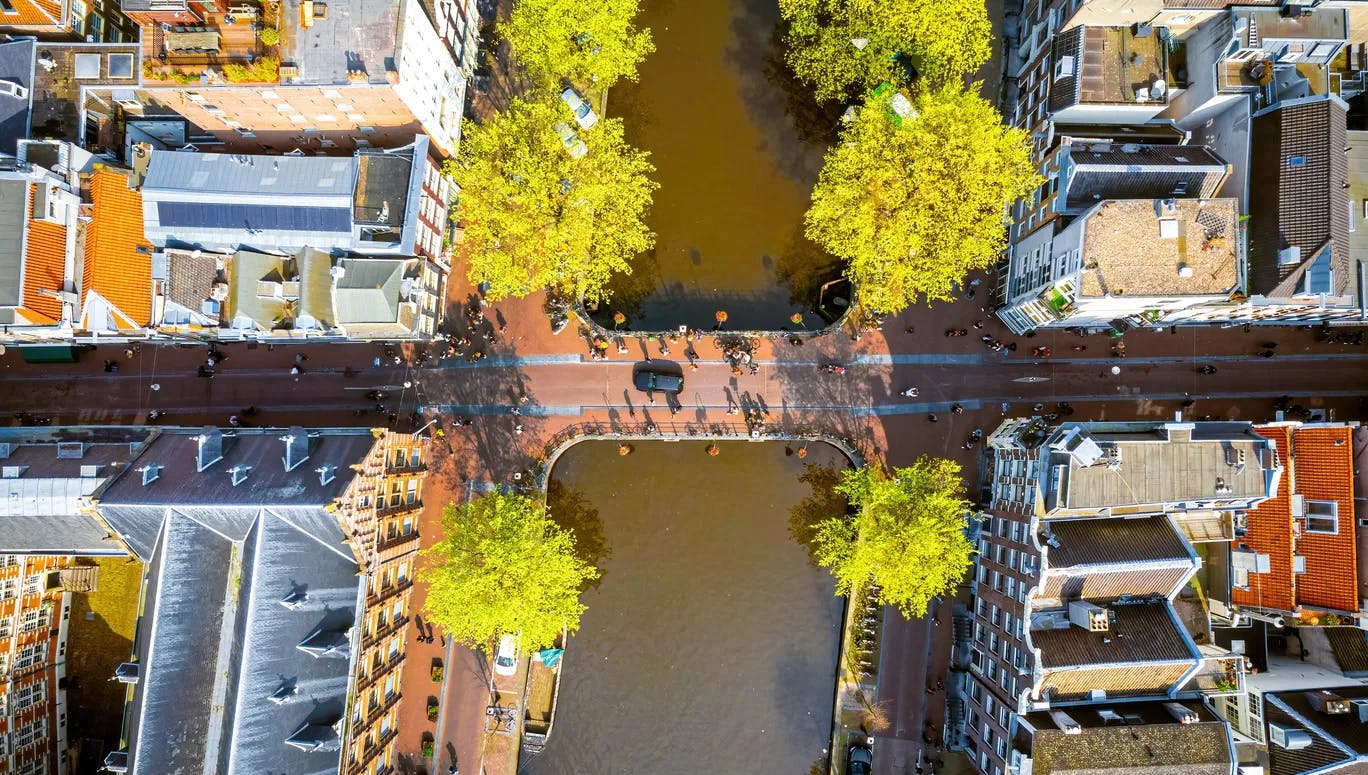Circle Economy Foundation and Deloitte unveil strategic solutions across high-impact sectors
Circle Economy Foundation and Deloitte recently released the 2024 report highlighting potential solutions for businesses and consumers to pursue. The Circularity Gap Report focuses on the three industries with disproportionate environmental impacts.
Circularity is needed now more than ever as resource consumption soars
A joint report from the Circle Economy Foundation and Deloitte reveals a concerning trend: global resource consumption has surged, surpassing half a trillion tonnes in just six years, reminiscent of the entire 20th century. Despite this, the report unveils a potential remedy — focusing on the food, built environment, and manufacturing sectors which could significantly reduce raw material dependence.
The Circularity Gap Report 2024 advocates for an economic shift from linear to circular, emphasising the need for fundamental changes to mitigate environmental crises. By 2023, the world's circularity gap had risen by 21%, prompting the foundation's goal to double circularity by 2032.
The linear economy's impact on critical planetary boundaries, including greenhouse gas rates and land use, has been exacerbated. The report underscores the importance of policies promoting circular practices, fiscal reforms reflecting true environmental costs, and workforce training in circular skills.
Four strategies and twelve actions for possible solutions
In the pursuit of radical collaboration, the report suggests four strategies.
- A shift from GDP to holistic indicators for measuring well-being and sustainability.
- Reforms in international finance to attract private investment for sustainable development.
- Fiscal changes redirecting subsidies from damaging industries.
- A contemporary New Deal for a just transition, ensuring economic equality, infrastructure investment, and sustainability.
The report outlines 12 impactful solutions, promoting dietary changes, regenerative agriculture, sustainable construction, and responsible manufacturing. Deloitte and Circle Economy Foundation will join forces with Circle Economy Consulting to speed up circular economy strategies for organisations.
This collaboration empowers businesses to seize circular opportunities throughout the strategy lifecycle, from design and implementation to progress tracking, emphasising the importance of coordinated efforts for effective circular practice scaling.
Amsterdam’s shift from linear to circular
Amsterdam is shifting away from a linear economy to a more circular one with the help of the doughnut economy model. In 2020, the Amsterdam municipality introduced a recovery strategy based on the principles of the doughnut economy. The model outlines how both societies and businesses can actively participate in economic development while maintaining respect for the boundaries set by our planet and society.
Amsterdam focuses on 3 value chains: Food and organic waste streams, consumer goods, and the built environment. The city collaborates with the Dutch government and the European Union to advance shared circular ambitions. Joint efforts involve policy decisions, such as transitioning from labour taxation to taxing raw materials and energy, crucial for fostering a circular economy.
Locally, the city engages with seven districts, various initiatives, market partners, knowledge institutions, and residents to collectively contribute to a cleaner world and a more equitable society. Which is why Amsterdam is a popular place for companies such as Swapfiets, Growy and Plastic Whale - diverse companies all contributing to more circular economy.
As global resource challenges persist, the report serves as a call to action for comprehensive, collaborative efforts to navigate towards a more sustainable future.
